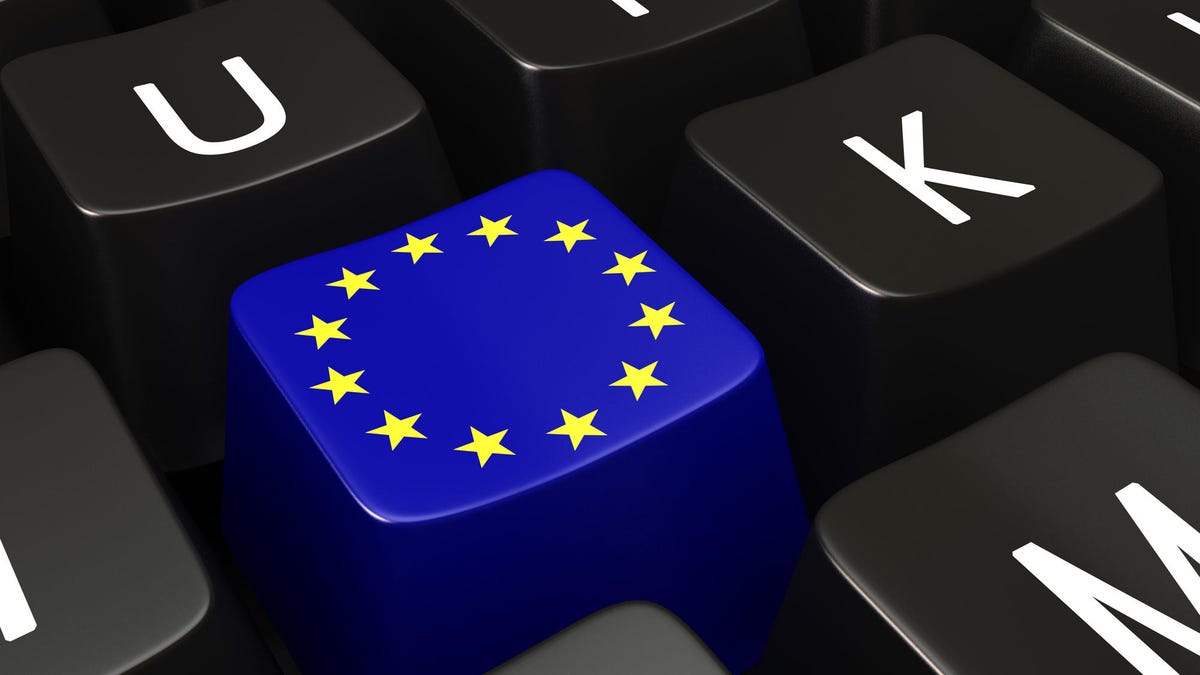EU votes to adopt 'upload filters' as part of internet copyright law
Critics say the law could make the internet more closed in future.

The EU is voting on the future of the internet.
The European Parliament voted on Wednesday to adopt provisions to copyright law that have the potential the transform the internet for people within the EU.
The provisions include the use of "upload filters" to police the sharing of unlicensed content online and the introduction of a so-called "link tax," which will force companies like Google, Facebook and Microsoft to pay publishers for showing snippets of news articles they're linking to.
These two key provisions, known officially as Article 13 and Article 11 respectively, were previously rejected by the European Parliament when it voted on the draft legislation in July. Since then, those advocating for the changes amended the provisions ahead of today's vote.
In spite of having enough support in the European Parliament, the European Copyright Directive has many opponents, within both the EU and the tech industry . The impact, its critics say, could mean a substantially more closed internet of the future.
"The Parliament squandered the opportunity to get the copyright reform on the right track," said Dutch liberal MEP Marietje Schaake in a statement following Wednesday's vote. "This is a disastrous result for the protection of our fundamental rights, ordinary internet users and Europe's future in the field of artificial intelligence."
Due to the complex process by which European legislation is adopted, the vote does not mean the directive has passed just yet. It must now be approved by each member state individually before returning to the European Parliament for a final vote, which is likely to take place early next year.
Coming soon to Netflix, Amazon? Proposed regulation may force them to stream more European shows in the EU.
Privacy versus free speech: Google fights against global 'right to be forgotten' in search

